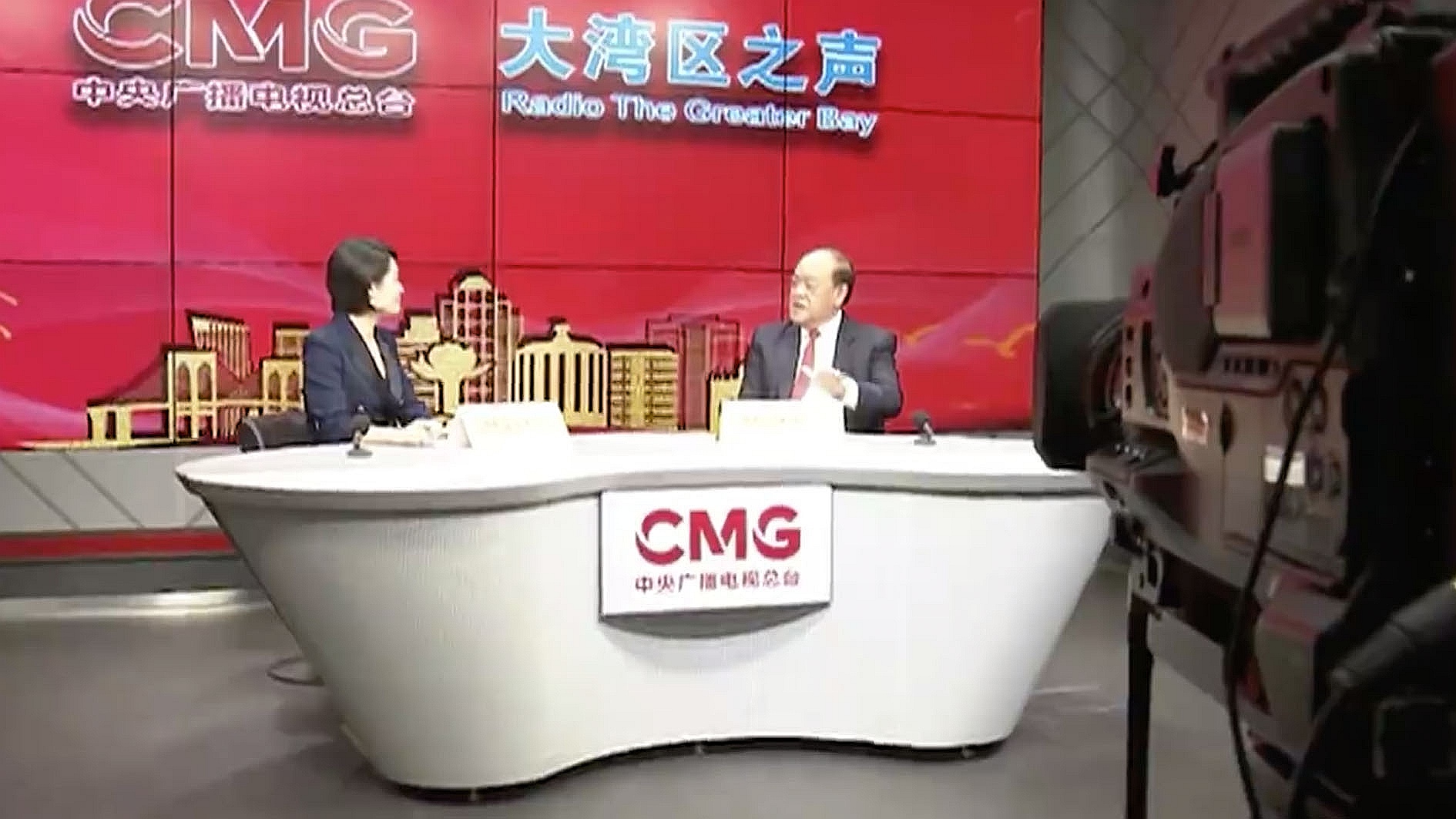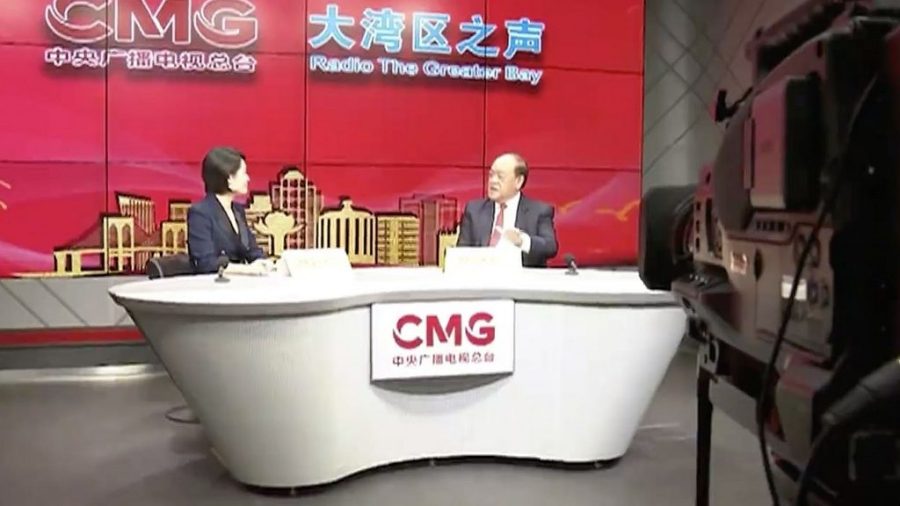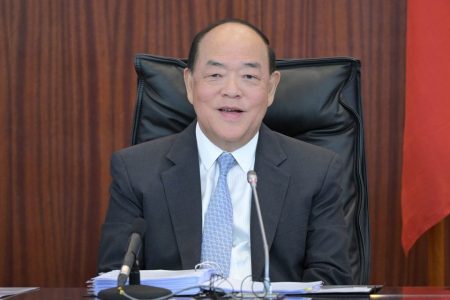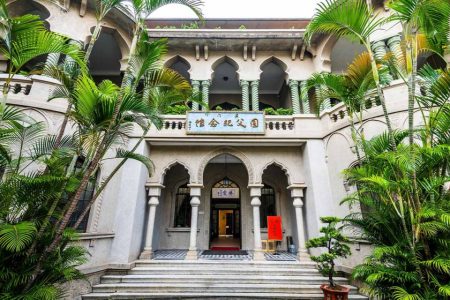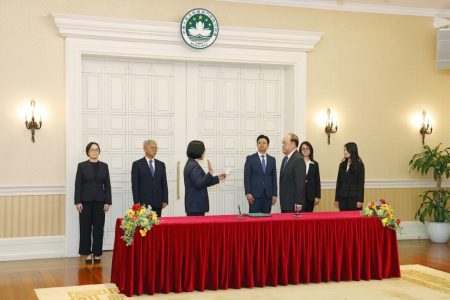BEIJING – “When we talk about ‘One Country, Two Systems,’ we cannot only focus on the ‘Two Systems’ and ignore that the ‘One Country’ is the precondition,” Ho Iat Seng, Macau’s Chief Executive-designate said in an exclusive interview with China Media Group (CMG), state-broadcaster CGTN reported on Monday.
Ho said that the “One Country, Two Systems” principle must not be messed with and people should be aware of what the nation’s bottom line is.
Thanks to the mainland’s support, Macau is being developed into a world tourism and leisure centre, a trade and economic cooperation platform between China and the Portuguese-speaking countries, and a cultural exchange hub for the Guangdong-Hong Kong-Macau Greater Bay Area (GBA), said Ho.
Macau is a small place – its land area amounts to just 35.8 square kilometres – but it enjoys great tourism development, Ho said, pointing out that last year about 35.8 million people visited Macau.
All these factors are attributable to the support of the central government and compatriots from the Chinese mainland, he noted.
“If young people [from Macau] want to do business, they should go to the Chinese mainland because the largest market is there,” said Ho.
The 62-year-old veteran industrialist and community leader also said young people should know more about their country and its market. He called on those who have witnessed the country’s 40 years of development since its reform and opening-up policy to guide young people in seeking common development with the Chinese mainland.
Ho also promised that solving Macau’s housing problems will be his government’s top priority. His government will make every effort to enable the young generation to buy property and give them a promising future.
Speaking of the changes in Macau since its return to the motherland 20 years ago, Ho said the biggest changes lie in the economy, which has benefited all residents in Macau.
According to the Macau Post Daily, Ho said since Macau’s return to the motherland in 1999, the local government has paid more attention to the Macanese community and respected its special lifestyle and cultural traditions.
Customarily, the term “Macanese” denotes Macau residents of mixed Portuguese and Asian descent. About 2 per cent of Macau people are estimated to be Macanese.
“Macau’s legal papers are written both in Chinese and Portuguese and we have Portuguese simultaneous interpretation in the Legislative Assembly,” Ho pointed out.
China Global Television Network (CGTN), formerly CCTV International, is a group of six international multi-language television channels operated by state broadcaster China Central Television (CCTV).
